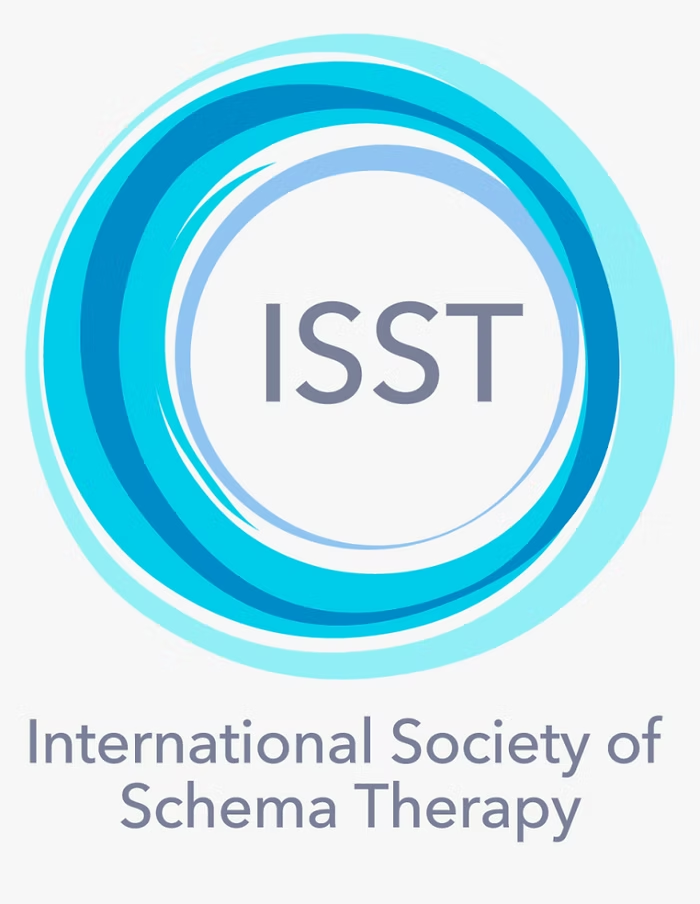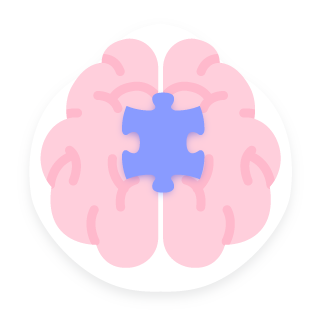How I work
My Approach
I don’t believe in miraculous or spontaneous cures. For me, therapeutic progress occurs when we consciously and courageously confront the shadows and lights in our lives. Ultimately, I aim for the therapy process to provide a safe space where my patients can gain deeper self-knowledge and make the necessary changes to live a meaningful life.
I believe that psychotherapy has become too one-sided, focusing primarily on our intellectual side. While addressing this dimension can provide significant insight into our difficulties, it is often insufficient to produce deep, lasting change. Therefore, I conceive of the human experience as holistic and multidimensional. I view human beings as having intellectual, emotional, behavioral, interpersonal, existential, and spiritual dimensions, and I strive to address all of these during the therapy process.
Based on this understanding, a typical session with me combines ‘classic’ talk therapy with experiential exercises (such as chairwork or imagery) designed to not only alter how we think but also how we feel about ourselves, others, and the world. I aim to make the therapy process feel alive, creating a space where we can explore the deeper aspects of yourself together in session.
I tailor every therapy process to the unique personality and context of my patients. While my clinical practice is primarily rooted in Schema Therapy, it is deeply informed by the work of Carl Gustav Jung. When appropriate, I also draw on insights from contemplative traditions, such as Buddhism. You’ll find more information about Schema Therapy and Jungian Psychology below

Schema Therapy
Schema Therapy (ST) is an integrative model that originally stems from Cognitive-Behavioural Therapy (CBT). It incorporates the best elements of various psychotherapeutic approaches, including CBT, gestalt therapy, psychodrama, behaviorism, attachment theory, and psychoanalysis. I understand ST as primarily an experiential, emotionally-focused approach that aims to bring about profound changes in how we feel about ourselves, others, and the world.
ST aims to recognize and change self-destructive patterns acquired during childhood and adolescence, known as Early Maladaptive Schemas (EMS). Early Maladaptive Schemas (EMS) can be understood as deeply ingrained, destructive patterns of thinking and feeling about ourselves, others, and the world. They originate from attachment wounds and early trauma and tend to be perpetuated throughout our lives. These negative prisms through which we view reality can profoundly affect our self-esteem, work, and interpersonal relationships, among other crucial aspects of our lives.
I have found ST to be particularly effective in addressing problems that traditional psychotherapeutic approaches, such as psychoanalysis or CBT, may not adequately resolve, including personality disorders, depression, addictions, and self-esteem problems.
I am a Certified Schema Therapist, accredited by the International Society of Schema Therapy, of which I am also a member. For more information about Schema Therapy and what the therapeutic process involves, feel free to check out the Schema Therapy Client’s Guide. You can also read Reinventing Your Life by Jeffrey Young and Janet Klosko, which is a popular book on schema therapy.

Jungian Psychology
Jungian Psychology or Analytical Psychology is a deep psychological model developed by the Swiss psychiatrist Carl G. Jung. Jungian psychology delves deeply into our psyche, facilitating a better understanding of our profound life motivations. By listening to the messages of the unconscious, we unearth hidden or suppressed aspects of ourselves, leading to personal growth and an expanded personality. In my view, Jungian-oriented psychotherapy aids in our profound search for a balanced and meaningful life.
For Jung, modern man has become too oriented towards external values (materialism, power, rationality, etc.), resulting in an existential vacuum characterized by feelings of boredom, emptiness, meaninglessness, and loneliness. In contrast, Jung proposed that every person must discover, in the innermost depths of their mind, the life they deem worth living—what he called the “process of individuation.”
I’ve been deeply interested in Jungian psychology for over a decade, and I find Jung’s concepts and insights profoundly valuable for understanding the human psyche. I’m currently pursuing a PhD in Psychoanalytic Studies at the University of Essex, where my research focuses on the relationship between Jungian psychology and lucid dreaming. That said, I’m not a formally trained Jungian analyst, and my therapeutic approach doesn’t follow a classical Jungian style. So if that’s specifically what you’re looking for, I may not be the right fit. Instead, I draw on Jung’s ideas as a guiding compass in my work, aiming to reach similar therapeutic goals—though through approaches I find to be more pragmatic and clinically effective.
My Expertise

My areas of expertise include:
- Anxiety.
- Addictions.
- Sex addiction.
- Depression.
- Obsessive-Compulsive Disorder (OCD)
- Borderline Personality Disorder (BPD)
- Low self-esteem.
- Difficult life transitions.
- Attachment and Trauma.
- Existential concerns related to meaning, life, and death.
- Contemplative practices.
- Relationship difficulties.
- Life-work balance.
Getting Started
Free 30 Min Chat
The therapy process begins with a free 30-minute chat, where we’ll get to know each other and explore the possibility of working together.
Book Appointment
Feel free to contact me directly via WhatsApp, text, or email.
Contact Me
Please feel free to contact me directly via WhatsApp, text or email. I’m happy to answer any questions you may have.
